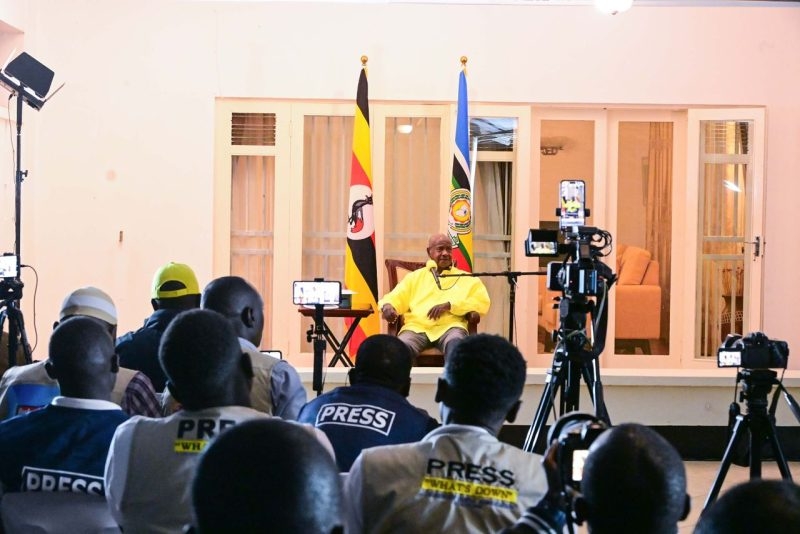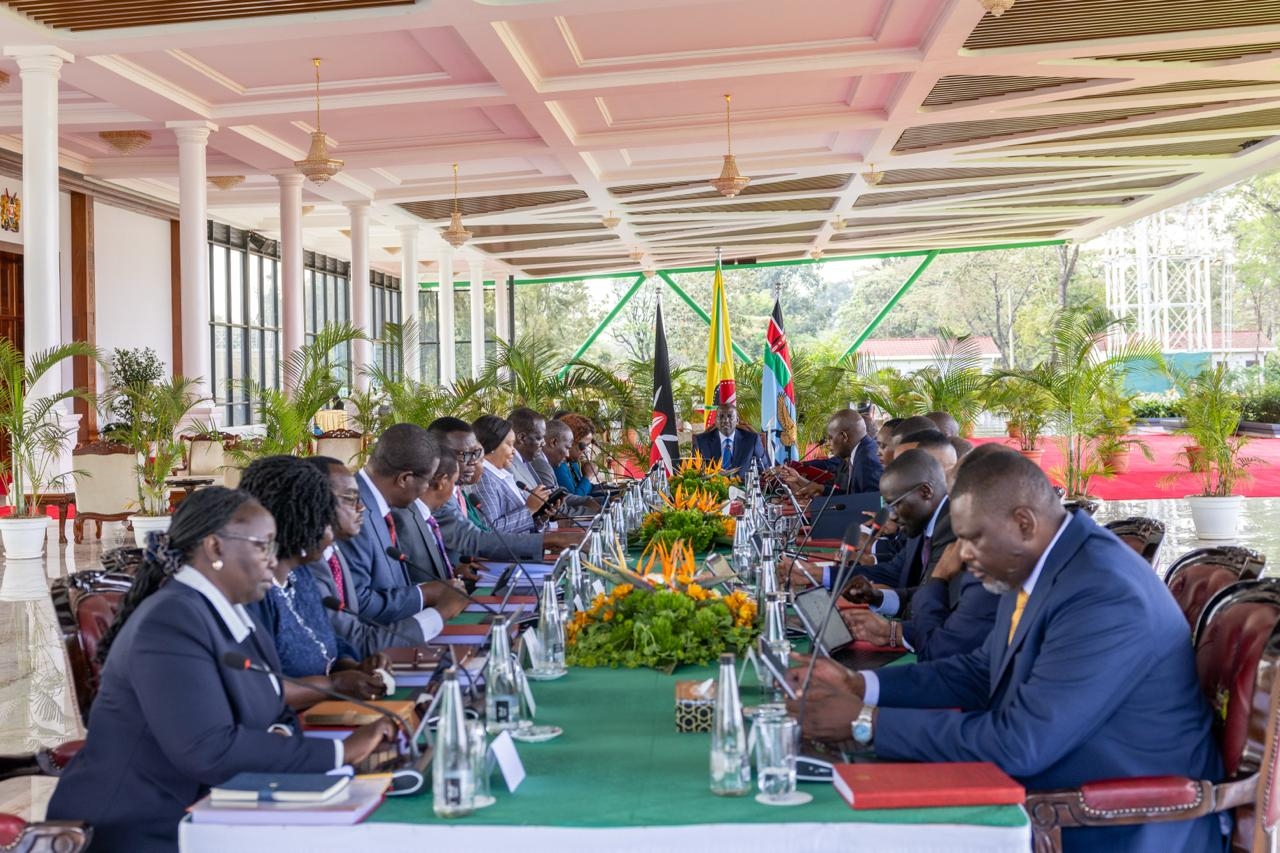
 Youth interacting on social media using their smartphones./AI ILLUSTRATION
Youth interacting on social media using their smartphones./AI ILLUSTRATIONIn the fabled days of yore, when “analogue” was a badge of honour and politicians were untouchable demi-gods, controlling the narrative was as easy as controlling the dinner guest list.
A few "friendly" newspaper editors, a cocktail of threats and favours and voilà: the evening bulletin danced to the tune of State House. But those days are as dead as a dodo. Today, every Kenyan with a smartphone is a publisher, a pundit and – much to the chagrin of the political elite – a potent thorn in the side of power.
The advent of social media has yanked the carpet from under the establishment’s feet and the powerful are wobbling, grasping at every lever they can still clutch at to regain control. Hence, the growing chorus for tighter regulation of digital spaces.
Francis Atwoli, a man whose quotes deserve their own coffee-table book, recently declared that government must intervene to curb “abuse of leaders.” The Ministry of Interior quickly chimed in, painting social media as a looming national threat, a pandora’s box that must urgently be shut.
Interior CS Kipchumba Murkomen, never one to miss an opportunity for flamboyant hyperbole, labelled online youth “alcoholics, drug addicts, and mental retards.”
Let’s pause here. It is said that when the gods wish to destroy a man, they first make him deaf to reason. What we are witnessing is not genuine concern for public order. It is a textbook case of the establishment recoiling at its own loss of narrative control.
For decades, politicians in Kenya enjoyed a monopoly over information. The Fourth Estate could be wooed, cajoled, or cowed. Dissenting voices were sparse and often swiftly silenced. Criticism was manageable—muted, even—within the manicured pages of the dailies and the curated evening bulletins. Then came Facebook. Then Twitter.
Then TikTok. Then Instagram. Then a floodgate of voices—raw, angry, irreverent, hilarious, and unbowed. Suddenly, State House briefings could be fact-checked in real time. Corruption scandals could trend before spin doctors had even put on their trousers. Bureaucratic incompetence could become a meme.
Cabinet secretaries could find themselves characters in viral parodies, their gaffes immortalised in GIFs, their hubris shredded by witty captions. Understandably, the old guard is panicking. But here's the thing: the desire to police criticism is not a sign of strength; it is a confession of weakness.
As Benjamin Franklin famously quipped, “Whoever would overthrow the liberty of a nation must begin by subduing the freeness of speech.” Yes, social media can be a wild cocktail of misinformation, cyberbullying, and, occasionally, unfiltered vitriol. There are valid concerns—especially regarding hate speech, incitement, and extremist recruitment.
These must be addressed soberly and within the strict confines of constitutionality. However, attempts to regulate mere political criticism, satire, parody, or sharp dissent are nothing but an attempt to launder authoritarianism under the guise of "civility." Punitive regulation has a predictable trajectory: today, it silences trolls; tomorrow, it silences whistleblowers.
Today, it arrests fake news peddlers; tomorrow, it arrests legitimate critics. It is the same script, different actors—and history's stage is littered with regimes that tried to muzzle their citizens into submission, only to find themselves undone by their own deafness.
Kenya’s constitution is not ambiguous on this matter. Article 33 guarantees freedom of expression. Article 34 enshrines freedom of the media. Article 35 upholds the right to access information.
These are not decorative clauses to be trotted out on public holidays and ignored in Cabinet meetings. They are living covenants—hard-earned, deeply sacrificed for, and utterly non-negotiable.
To gag the citizenry because leaders feel “disrespected” is to invert the very premise of democratic governance: that leaders serve at the pleasure of the people, not the other way around.
It is like a chef demanding that the diners eat in silence, no matter how salty the soup. Respect, dear leaders, is not a constitutional right. It is a social contract—earned, not enforced. Kenyans owe you decorum only to the extent that you earn it by serving them with integrity, humility, and competence.
Rather than trying to tame Twitter, perhaps it is time for our leaders to tame their own appetites: for public funds, for vainglory, and for treating public office like a personal inheritance.
The wisdom of the ages is clear: "He who is not ready to be criticised is not ready to lead." If you fear memes more than you fear the poverty in Kibra, or the potholes in Nairobi, or the lack of medicine in public hospitals, then perhaps the problem is not the memes.
Perhaps it is the mirror. The political class would do well to remember an old African proverb: When the music changes, so must the dance
. Social media is the music of our age. You can outlaw the drums, ban the flutes, and arrest the dancers—but the music will only get louder in the hearts and minds of the people.
The writer teaches Globalisation and International Development at Pwani University and is a Programmes Associate at DTM, a Media CSO
Contact: [email protected]














